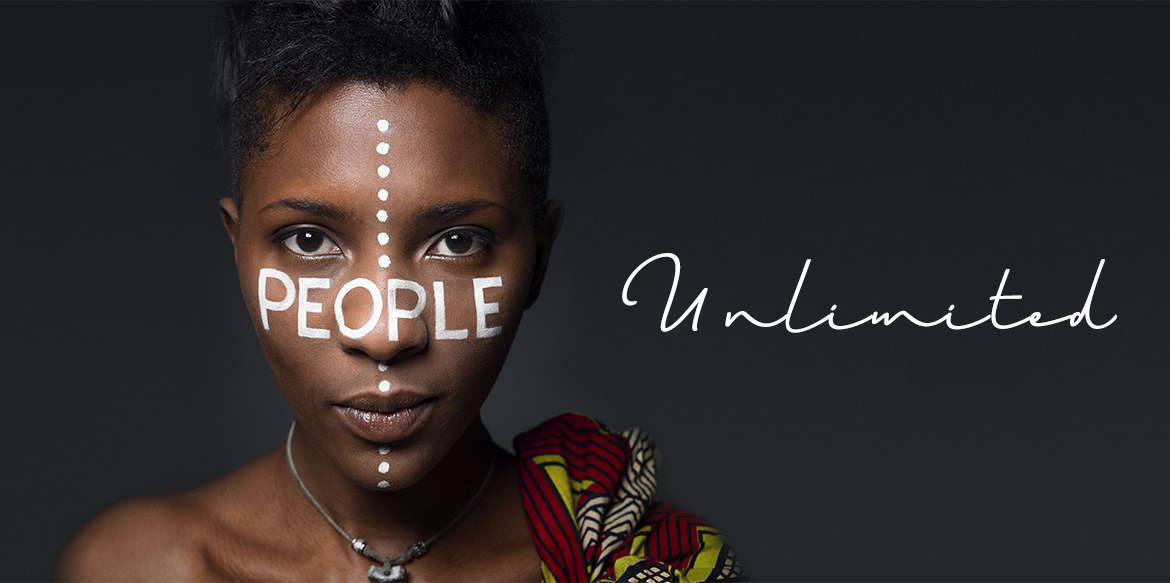I am pleased to present to you Hivos East Africa’s 2017 annual report. This report presents some of our achievements and highlights in advancing social and environmental justice in the region. In 2017, the East African region witnessed one of the highest economic growth rates in the continent.
This unfortunately did not translate to significant poverty reduction, but rather saw an increase in inequality in the region’s countries. The high levels of corruption and increasing authoritarianism contributed to shrinking civic space that was characterized by harassment and intimidation of civil society. Counter-balance was seen in the growth of grassroots movements through activists and social movements globally and in the region. We continued our work supporting social movements and building strong coalitions in the region and promoting corruption free development assistance.
The region saw increased interest in public and private sector partnerships to scale development and promising interest by the private sector in improving corporate and business practices. This included a commitment to promoting diversity and inclusion in the work place. We were particularly proud to support this trend with the Colourful workplaces programme that seeks to promote pro-Lesbian Gay Bisexual Transgender Intersex and Queer (LGBTI+) friendly workplaces in Kenya. Still on the partnerships, Hivos continued investing in this through partnering with government and private sector to promote sustainability of small holder coffee farmers and building
a market sector for renewable energy enterprises.
The East African region was badly affected by drought in 2017 which led to widespread hunger, loss of food and natural resource management. This re-affirms our commitment to adaptation of climate change in the region through promotion of climate resilient agriculture e.g. our open source seeds programme that is working to promote the preservation and protection of climate resilient indigenous seeds.
Continued reliance on biofuels in East Africa, and a very wide implementation gap in environmental and forest cover law meant that we saw increased depletion of forest cover and attendant loss of water towers especially in Kenya. As a result, Hivos re-invested in programmes that are working to reduce the need for charcoal from unsustainably harvested forests through the creation of an urban briquetting pilot programme that seeks to produce biomass briquettes from waste biomass in urban areas.
Agriculture continued to be one of the mainstays of economic development in East Africa. This unfortunately didn’t translate to increased farmer incomes across the board- or even more worryingly, food security for farmers. Hivos in 2017 worked to promote food justice work through our sustainable diets programme and related advocacy work. We also continued our work on building green business and sustainable farms through promotion of value addition and promotion of policies that are pro-farmer and pro-planet.
Global attention to conditions of women in the work force with sexual harassment and poor working conditions for women are still rife. Hivos continued re-investing in working conditions for women through our “Women @ Work” programme which works to improve the working conditions for women in the agricultural sector. In 2018, the Women @Work programme looks at getting even more impact for our work through the roll out of our @Work
Lab which seeks to experiment with social and technological innovations on how to improve working conditions for women in the workforce as well as looking at the Future of Work.
Internally, 2017 was a crucial year for us where we worked on improving our internal processes and control framework. Despite progress as an institution, the development sector is unfortunately not immune to the endemic corruption that the region is engulfed in. In 2017, we reaffirmed our commitment to working with principled actors, and we expect to also work even more closely with the sector in the next year on how we can improve integrity in the development sector.
In 2018, we will continue with our promise to promote a just and fair society. With new and promising initiatives, we invite you to partner with us to bring solutions to scale not just for the current generation but also the future.
Happy reading!
Mendi Njonjo,
Regional Director, Hivos East Africa




